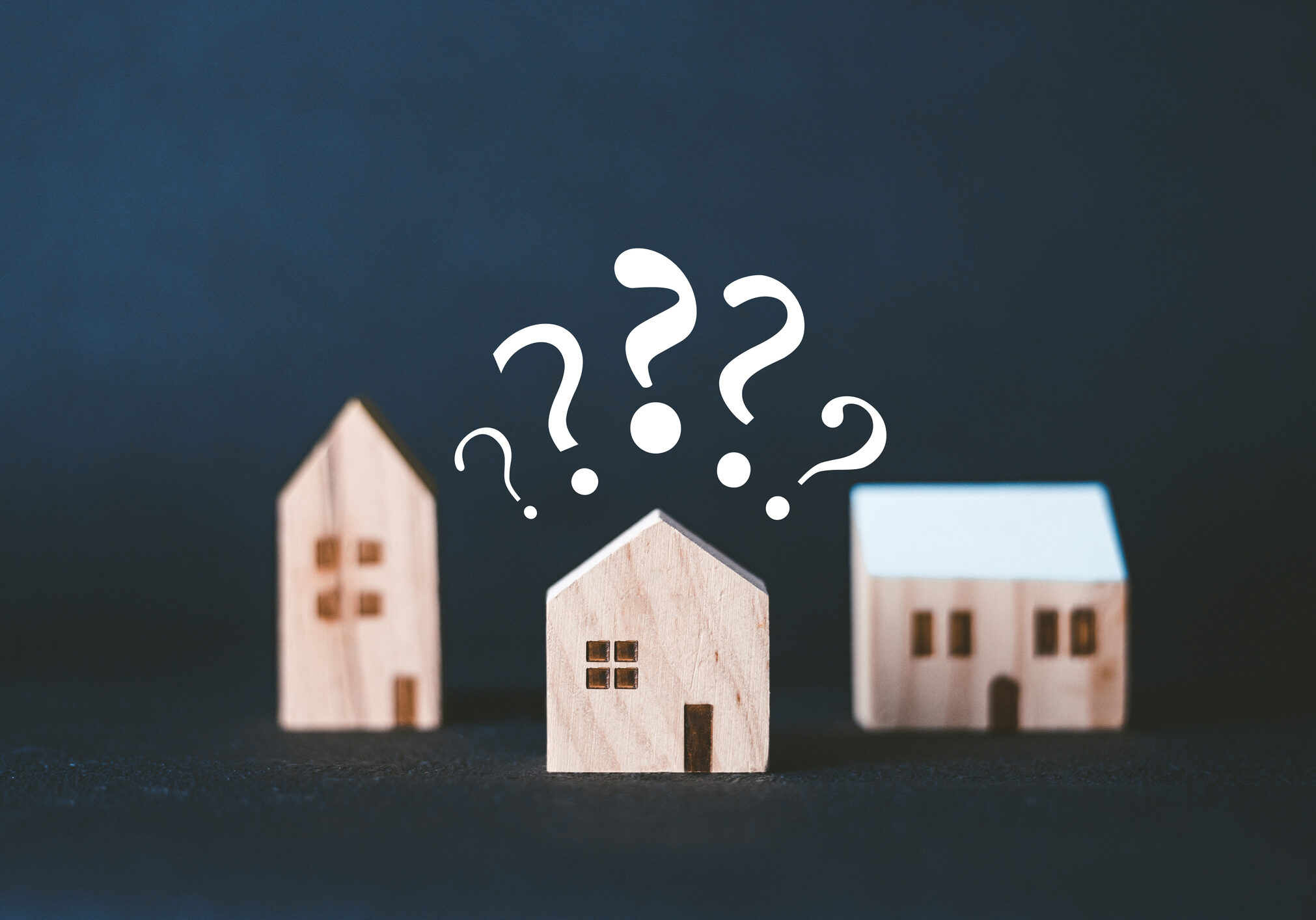What Is a Hard Money Loan?
A hard money loan is a unique type of loan in which funds are secured by real property instead of the borrower’s creditworthiness.
Like a short-term bridge loan, hard money loans are primarily used in real estate transactions when the lender is an individual or company, as banks do not offer them. These loans typically last 1 – 3 years and are commonly used to quickly collect money.
For example, if you want to buy a new house but your current residence has not yet sold, a hard money loan could be a way to use your house as collateral and free up funds to buy your new place. Because the funds can be issued quickly, this is also an appealing option for homeowners at risk of foreclosure. Other common reasons for hard money loans include buying an investment property and flipping houses.
The biggest distinction between a hard money loan and other types of loans, such as traditional mortgages, is your house secures this loan. This means borrowers with a less solid credit history will have an easier time being approved for hard money loans, as their financial background is not a factor in qualifying them. Fewer qualification requirements also mean the approval process can be much faster – getting you the money you need when you need it.
How Does a Hard Money Loan Work?
So how does it work? Although your creditworthiness does not play a role in qualifying for a hard money loan, there are still several factors the lender must consider before approval, including your home equity, debt-to-income (DTI) ratio, and loan-to-value (LTV) ratio. Once approved, hard money loans can be issued very quickly.
However, there is a tradeoff for this faster turnaround time – specifically higher interest rates and origination fees. Overall, hard money loans are more expensive because of the higher risk the lender is taking by offering the loan.

The Risks of Hard Money Loans
A hard money loan is often considered a loan of last resort for a reason. Despite plenty of upsides, like easier approval and faster funding, these loans also present certain risks that all borrowers must consider before deciding what is right for them.
In addition to higher interest rates, hard money loans also have more upfront costs, such as higher origination fees and closing costs, and tend to require a larger down payment of 30% or more.
This means if your financial background and credit score will qualify you for other forms of financing, there may be a better option available that will cost you less money in the long run!
The Bottom Line
Hard money loans can be a great option if you do not qualify for traditional forms of financing or if you’re in need of fast funds., their higher upfront costs and interest fees mean paying more over the life cycle of the loan. Understanding the pros and cons of hard money loans, as well as similar lending and mortgage alternatives, can help you find the right option for your needs.






